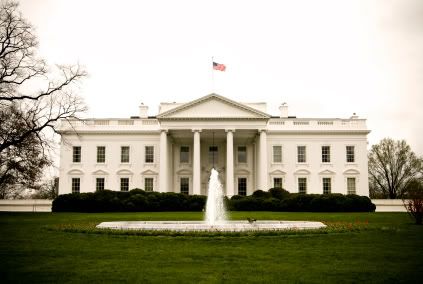The White House has helpfully urged us not to “read too much into” the dismal jobs report that came out this morning. Indeed, Alan B. Krueger, chair of the president's Council of Economic Advisers, was his usual cheery self, calling the bleak numbers “further evidence that the U.S. economy is continuing to recover.”
JPMorgan economist Michael Feroli didn’t get the memo. James Pethokoukis of AEI, one of my favorite bloggers, put Feroli’s devastating analysis on the website for those of us who might have otherwise missed it. Feroli says that the figures indicate that “there has been essentially no progress in repairing the labor market after the recent downturn.”
What really stands out, though, in the aftermath of all the talk in Charlotte about “helping” the middle class, is the misery one sees behind the numbers. Feroli writes:
The wage data in today’s report was downright awful. All-employee wages rounded to flat (-0.04%) and are up only 1.7% over the past year. Production worker wages — which are arguably better-measured — were even worse, down 0.1% on the month and up only 1.3% over the past year. The overall household labor income implications are, not surprisingly, quite weak. Over the past three months total labor income (hours times average hourly earnings) have increased at a 2.6% annual pace in the all-employee measure and 2.1% in the production worker measure. With headline inflation this quarter likely somewhere in the mid-2′s, real labor income should be running close to flat.
The household survey details were also dismaying. The decline in the unemployment rate to 8.1% was quite certainly not good news: the seperately-reported labor flows data reveals that a 226,000 increase in the flow of workers going from unemployment to not participating in the labor force accounts for most of the 250,000 decline in unemployment. In other words, the unemployment rate declined because fewer jobless are not even bothering to look for work. The household measure of employment fell 119,000 and has been declined in four out of the last six months. Overall a pretty dreary picture of the labor market.
The pitch from President Clinton in Charlotte Wednesday night was that no president, even Clinton himself, could have done better than President Obama, given the hand he was dealt. This simply isn’t true: economies have a habit of bouncing back, and often the deeper the recession, the bigger the bounce.
Either the White House is not being candid or they live in a bubble. Neither of these scenarios is particularly encouraging, and both show a certain callousness about human suffering. This is especially infuriating coming from people who characterize as "uncaring" anybody who doesn't share their big government philosophy.


